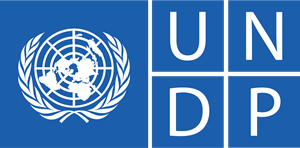საერთო ცხელი ხაზი +995 577 07 05 63


Budget: USD 9,744
Duration: 2022 Year
Since the beginning of April 2022, the Social Justice Center (former EMC) has been implementing a UNDP supported project Transforming Georgia’s Conflicts: rethinking the Past for the Future.
Almost thirty years after conflicts broke out in Georgia, and 11 years after the August 2008 war, Georgian-Abkhaz and Georgian-Ossetian conflicts face a major standstill with a fatigue in political processes pertaining to the resolution of the conflicts and waning opportunities of people-to-people contact across the divides.
While the past few decades saw efforts to build trust among the parties to both conflicts (less so with the South Ossetia due to isolation and a stronger grip of the Russian influence and specifics of the Ossetian national project which a strong focus on the integration with the Russian Federation), little has been done to build and cultivate national consensus among the Georgian society. The importance of conflict transformation, which implies the addressing of main drivers of conflicts by challenging official discourse and narratives among the Georgian public, remains highly overlooked because of perceived fear of going against the national interest. Alternative voices which would encourage rethinking of the past and supporting alternative views have been highly marginalized and frowned upon by a wide range of actors alleging that any such attempts are supported or cultivated by Russia. Because of the controversy surrounding Georgia’s conflict and lack of national consensus over conflict and peace related issues, peacebuilding practitioners, some of them with decades of practical experience, remain largely unknown to wider public.
The overarching strategy of the project aims to introduce critical perspectives to the asserted history of conflicts in Georgia, which in turn, will help to revisit the history from bottom up and reveal the grave human cost of the conflicts. The project is designed in such a way to create inclusive space conducive to the collaboration of historians and researchers to rethink and agree on discourses and narratives to be introduced to wider public. The project team will prepare multimedia products around revisionist historians and peacebuilding practitioners to contribute to the transformation within the Georgian society. Interviews will be translated in the Russian language to reach out to communities residing in Abkhazia and South Ossetia.
The website accessibility instruction